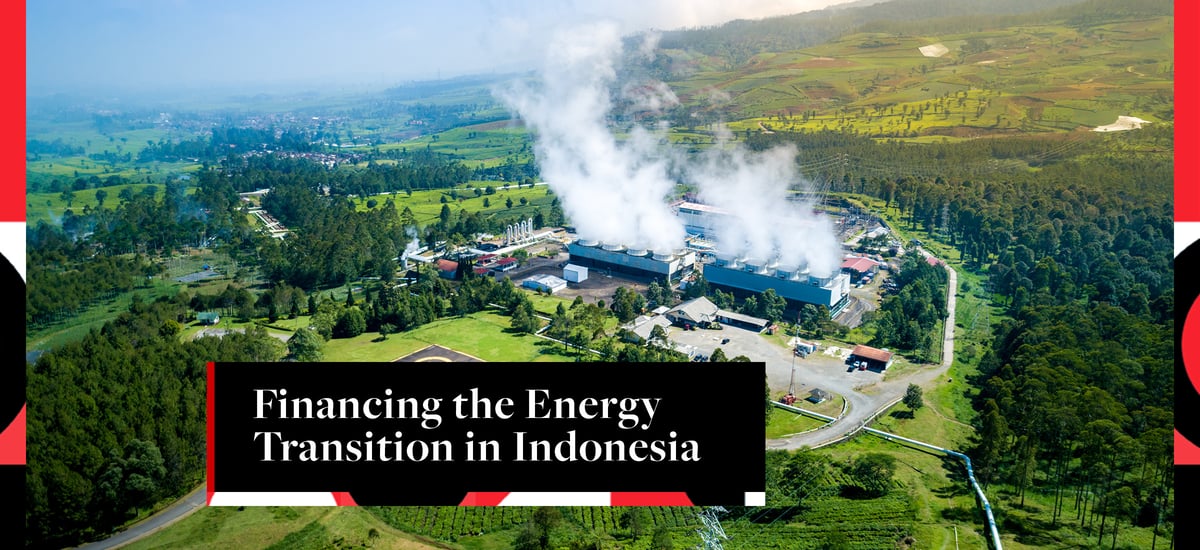
Financing the Energy Transition in Indonesia
Challenge
Indonesia’s decarbonization goals just became more ambitious. Ahead of COP27 and the 17th G20 Summit, the government set a new target of reducing greenhouse gas emissions by 31.89% through its own efforts, or 43.2% with international support, by 2030.[1]
When exploring ways of moving closer to net-zero, diversified investment company Indika Energy’s subsidiary, Indika Nature, found a highly localized solution through its asset company Jaya Bumi Paser (JBP).
Tapping into Indonesia’s large forestry industry, JBP set its sights on developing a 23,590-hectare biomass plantation in East Kalimantan. Calliandra trees would be turned into wood pellets as a carbon-neutral renewable fuel for biomass power plants – a cost-effective, interim way of reducing emissions before the eventual retirement of coal plants.[2]
But JBP faced several challenges. “For the technology to take off, a key hurdle was getting all stakeholders over the line: figuring out whether the market would be receptive to this product, the best practices in terms of producing the woodpile, as well as incentives for consumers to adopt this lower-carbon alternative,” explains Azis Armand, Vice President Director and Group CEO at Indika Energy. “All these considerations require buy-in at multiple levels, along with significant amounts of investment.”
Impact
Through DBS Bank Indonesia’s $27.5 million loan facility, consisting of both short- and long-term funds, JBP was able to finance its vision of transforming wood pellets into a new and renewable biomass energy source. From mapping and planting to harvesting and production, each stage of the project complies with FSC standards, ensuring the pellets are not only sustainably produced, but also optimized for energy production.
As Indonesia accelerates its shift toward a greener economy, sustainability-focused banks are uniquely placed to capture the country’s growing demand for transition finance. DBS Bank was the first to do so through the launch of its Sustainable and Transition Finance Framework and Taxonomy in mid-2021, with opportunities across six markets, notably Indonesia, Singapore, India and China.Takeaway
“Where Indonesia stands, transition finance is a hugely important theme. The more we can replicate deals like Indika Energy, the more we can transition as a nation,” says Kevin Tanuwidjaja, Executive Director of the Institutional Banking Group at DBS Bank Indonesia.
Across Asia, DBS Bank’s completed deals have since exceeded $52 billion and enabled more than 100 ESG-driven companies to finance the costly transition to progressively sustainable business models.
From a borrower’s perspective, the benefits of transition finance are just as clear. “The energy transition is not only limited to finding alternative sources of power, but taking care of all the stakeholders in the value chain: the employees, surrounding communities and upstream and downstream parties,” adds Armand. “Bringing together all these people and ensuring the accessibility, availability and affordability of low-carbon alternatives will be a crucial piece of the energy transition.”
